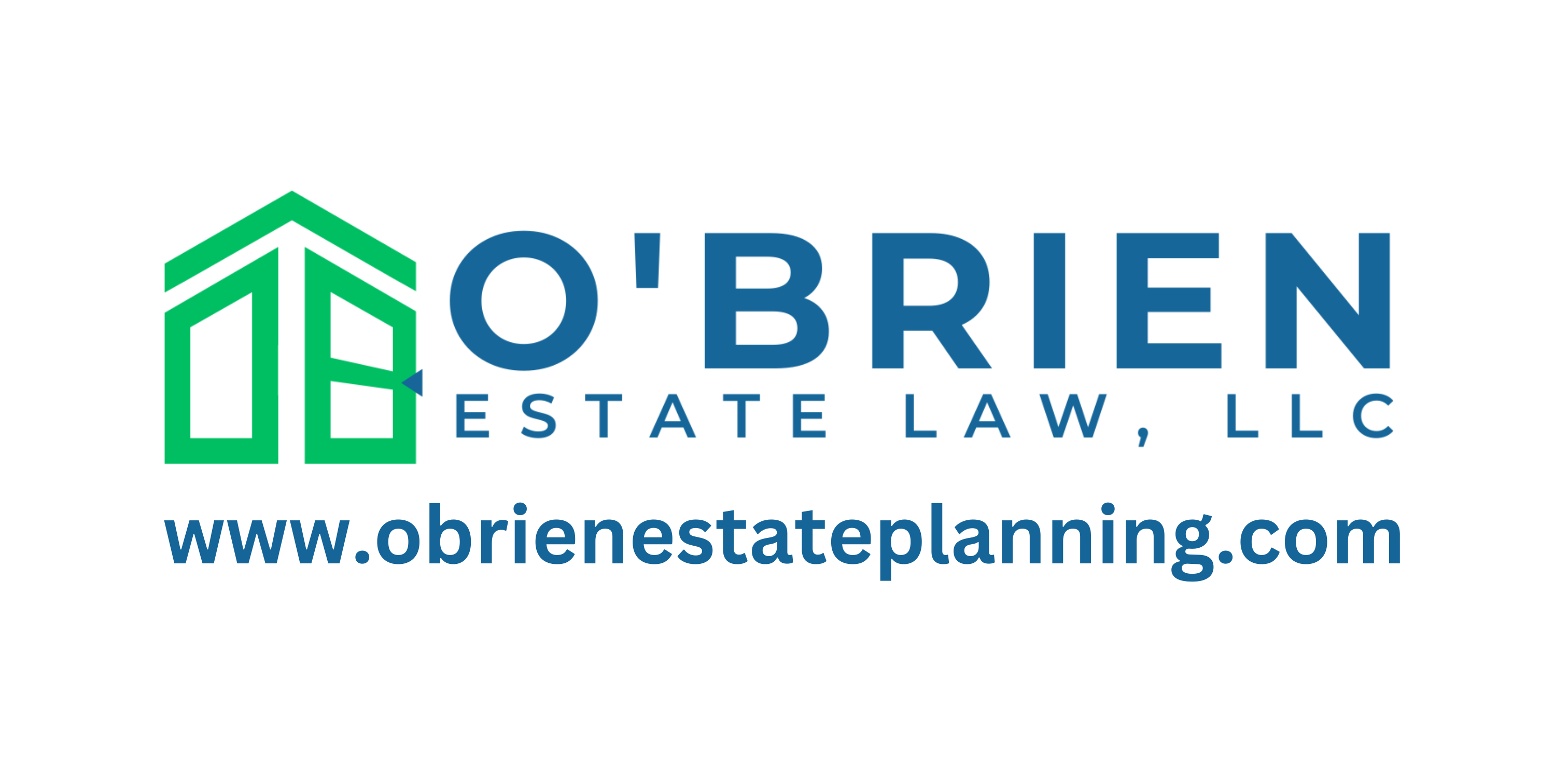The process of planning for the future goes beyond mere preparation for the distribution of your wealth; rather, it is an opportunity to create a lasting legacy that reflects your values and secures the financial well-being of your family for generations to come. A well-considered legacy plan protects your assets, communicates your wishes, provides for loved ones, and leaves a lasting impact on your community.
What is a Legacy Plan?
A legacy plan is much more than estate planning. While estate planning concerns how your assets are to be distributed among your heirs, in legacy planning, the vision is larger-inclusive of how you wish to be remembered. This includes financial goals, philanthropic efforts, and guidance on the responsible management of inheritance by your heirs.
Steps to Establishing a Legacy Plan
1. Define Your Objectives clearly: by reflecting on what you want to achieve with your legacy and what values you wish to pass on to your heirs. Questions to consider include: What values are most important to me? Do I want to support specific causes or ensure my family’s financial stability? What contributions do I wish to make to your community or charitable causes? Having clear answers to these questions will help you create a focused plan that truly reflects your intentions and aspirations.
2. Take an Inventory Your Assets: These include but are not limited to savings accounts, investments, real estate, and personal belongings like family heirlooms or collectibles with sentimental value. The better the understanding of all that you have, the easier it will be to plan for their distribution and management. Besides tangible assets, consider the intangible features of your legacy that may include family traditions and narratives you will want to pass on to future generations.
3. Incorporate Philanthropy: By creating either a donor-advised fund or a family foundation, charitable giving can be included in the legacy plan, engaging the family members in decisions related to which causes mean most. This significantly helps to add to your legacy through cultivating a culture of giving and engagement within the family. This not only helps society but provides a link between values and their connection to one’s legacy.
4. Choose the Right Tools: Depending on your goals, you may need to utilize estate planning tools such as:
- Trusts: A trust is a form of fiduciary relationship in which one party, known as the trustor or grantor, transfers assets or property to another party known as the trustee. The latter then manages the trust assets for the benefit of beneficiaries the parties who have claim to the assets. These trusts can be either revocable, where the trustor may change or dissolve them during his lifetime, or irrevocable, in which case, after it is set up, nothing can be changed. This legal entity has been used to protect assets, minimize estate taxes, and avoid probate for a grantor’s estate in question, thus offering some privacy.
- Wills: The last will and testament, or simply will, is a legal document wherein one declares what should be done with his or her estate upon his or her death. In the will, the testator is allowed to state how he wants his property to be distributed, name guardians for minor children, and appoint an executor who will handle the estate during the probate process. Unlike trusts, wills come into play only upon the death of the testator and usually involve some legal formality known as probate, which can be long and public.
- Power of Attorney: A power of attorney is a legal document that provides a named individual, now called the agent or attorney-in-fact, the authority to act on behalf of another person in financial, legal, or any other health matter.
5. Communicate Your Intentions: The legacy plan should be discussed openly and honestly among family members and major beneficiaries to foster complete transparency. It will lead to a common understanding that could help minimize misunderstandings about your intentions. Your descendants are then sure to perpetuate your memory and dream, as captured in your living legacy plan, through their values guided by it. It will also give you a great avenue to involve younger generations, helping them value their history and future aspirations.
6. Work with Professionals: Partnering with experienced estate planning attorneys, financial advisors, and tax professionals is essential. They can help you navigate complex legal and financial considerations, maximizing tax efficiency, and ensure compliance with state and federal laws.
7. Review and Update Regularly: Life circumstances and laws change over time. Periodically revisit your legacy plan to keep it aligned with current goals and to accurately reflect family dynamics.
Benefits of Legacy Planning
A comprehensive legacy plan provides:
- Peace of Mind: Confidence that your wishes will be honored.
- Financial Security: Structured inheritance that protects your family’s future.
- Philanthropic Impact: Contributions to causes you care about, creating a lasting difference.
Conclusion
Establishing a legacy plan is an investment in the future. It allows you to shape the narrative of your life, ensure financial stability for loved ones, and make a positive impact on the world. By taking thoughtful steps today, you can create a legacy that truly stands the test of time.
Remember, this information serves as educational and informational content only and is not a substitute for legal advice. Before making any changes to your estate plan, consult with a lawyer you trust to ensure your decisions align with your individual needs and circumstances. Click the link below to set up a meeting with O’Brien Estate Law, LLC, where we can discuss your specific situation and guide you towards a comprehensive estate plan.

